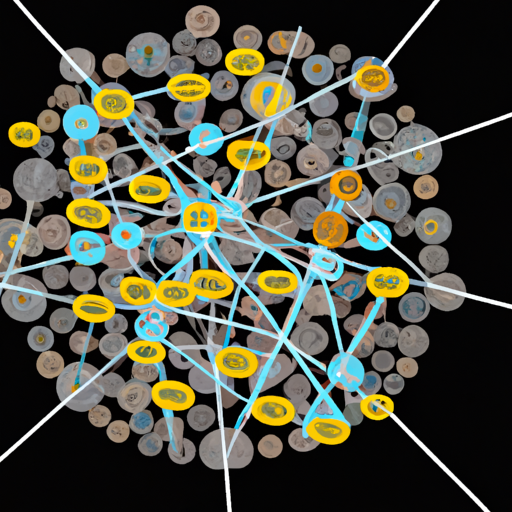
Understanding Blockchain Technology and Cryptocurrency
By: Eliza Bennet
The rise of cryptocurrency in recent years has raised both interest and controversy. An integral element of cryptocurrency is the blockchain technology that drives it. Blockchain, first outlined in 1991, is essentially a database. Unlike traditional databases, blockchains store information in blocks that are chained together. As new data comes in, it is entered into a fresh block. Once that block is filled with data, it is chained to the previous block, making the data chained together in chronological order. Learn more about Blockchain here.
Different types of information can be stored on a blockchain but the most common use has been as a ledger for transactions. In Bitcoin's case, blockchain is utilized in a decentralized way so that no single person or group has control. In fact, all users collectively retain control. Decentralized blockchains are immutable, meaning the data entered is irreversible. For Bitcoin, this means that transactions are permanently recorded and available to the public.
Blockchain technology raised interest as it offers a new way of confirming and recording transactions in a reliable and permanent way, unlike traditional centralized banking systems. However, it also raised controversy mainly because of its function in cryptocurrency, particularly Bitcoin. Its decentralized nature impairs the ability of authorities to enforce laws and regulations, making it a refuge for illegal transactions.
While understanding blockchain and cryptocurrency can be complex, investing in it is equally intricate. Always remember to be cautious and do comprehensive research before delving into this digital world. Cryptocurrency is still a mostly unregulated and somewhat speculative market, so exercise caution. Read more about Cryptocurrency here.



